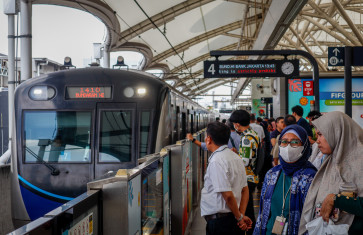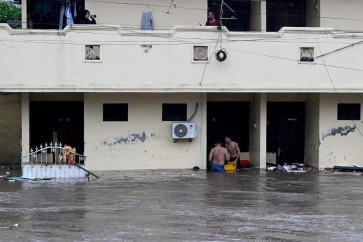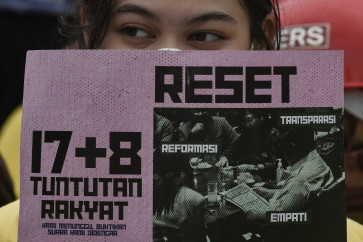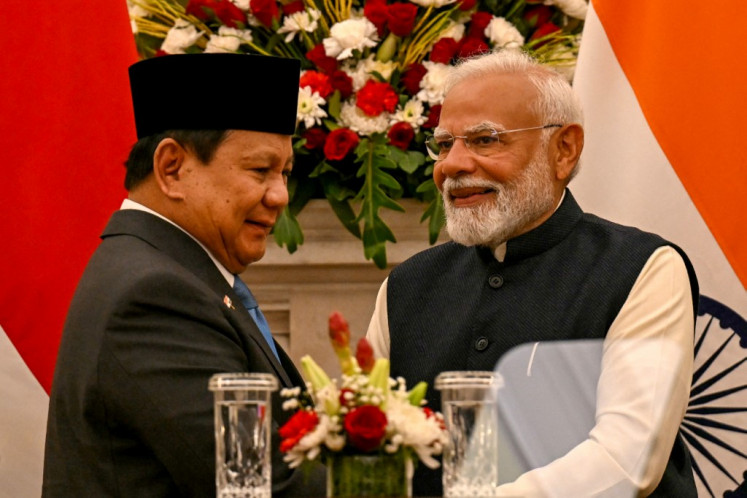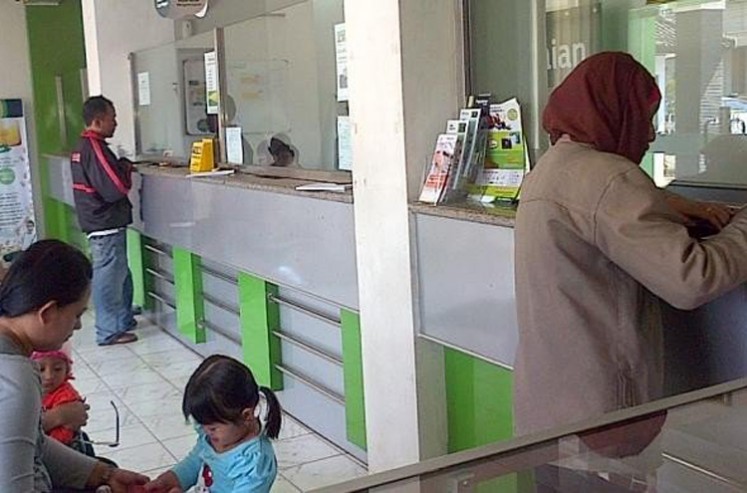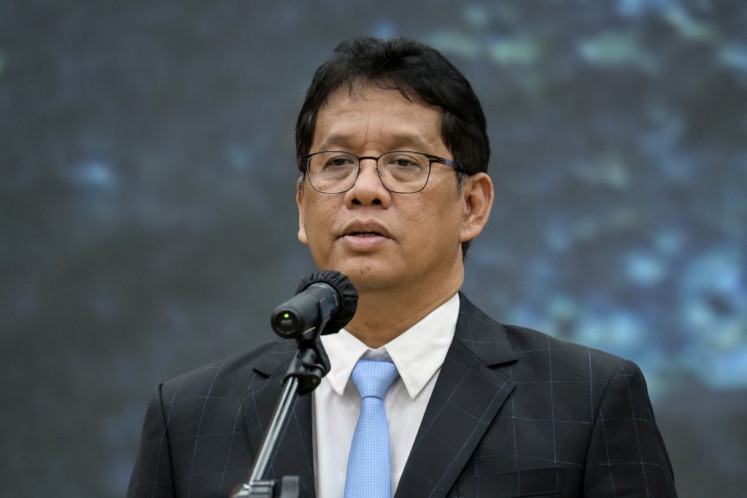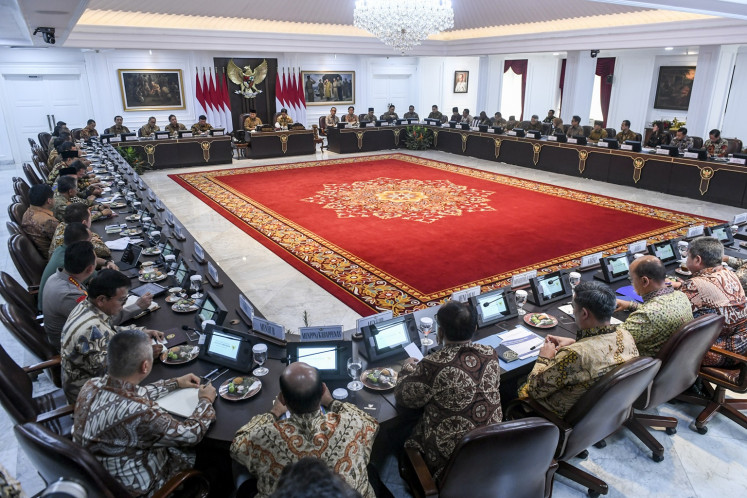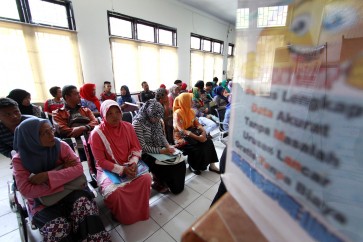Popular Reads
Top Results
Can't find what you're looking for?
View all search resultsPopular Reads
Top Results
Can't find what you're looking for?
View all search resultsMaking open government transformational
Open government solutions to the problems of citizens are emerging across the Asia-Pacific region.
Change text size
Gift Premium Articles
to Anyone
T
en years ago, a person living in Indonesia might have had to stand in long lines, going from government office to government office to ask for a simple road repair or redress of grievance. Today, that citizen can use LAPOR! on their mobile phones to file complaints, make inquiries and get responses from all levels of government.
Open government solutions to the problems of citizens are emerging across the Asia-Pacific region. In South Korea, newly elected leaders have returned to Gwanghwamun Square, where nearly a million citizens had gathered to protest corruption only a short while ago, to hear directly from citizens and ask them about their hopes and aspirations for how government could truly serve their needs. In Sri Lanka, families displaced by the country’s protracted civil war are using a recently adopted right-to-information law to find answers about the legal status of the lands they have been resettled on, follow up on compensation owed for land obtained by the state for development projects, and highlight instances of illegal land grabbing.
The regency of Bojonegoro, East Java, has seen a revolution in government-citizen interaction, with unrestricted access to public officials and problem-driven management. As a result, the regency has seen impressive fiscal savings, economic growth, and a marked decrease in unemployment and poverty levels.
There are signs of progress and of increased trust in institutions in the region. Yet, it would be naive to assume this region is immune to challenging trends that we see globally. Trust in major institutions such as the government, non-governmental organizations, the media, and the private sector is declining across the globe.
Pervasive corruption, closing civic space, and economic inequality pose serious threats to future progress. And in the Asia Pacific, in particular, the consequences of climate change and rapid urbanization and their disproportionate impacts on the poor, including many already living in unacceptable conditions, cannot be ignored.
Open government can be a potent antidote to some of these issues — but it needs to be deepened and scaled up to tackle key societal challenges, and propelled forward through genuine partnerships that cut across traditional government-civil society divides, to have lasting impact.
This is the idea that drives the Open Government Partnership (OGP), a global initiative that brings together reformers of 74 national governments and 15 sub-national governments with thousands of civil society organizations across the world, and the promise that brings regional leaders to Indonesia for the Asia Pacific Leaders Forum on Open Government this week.


